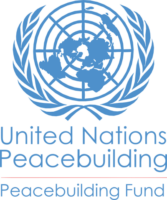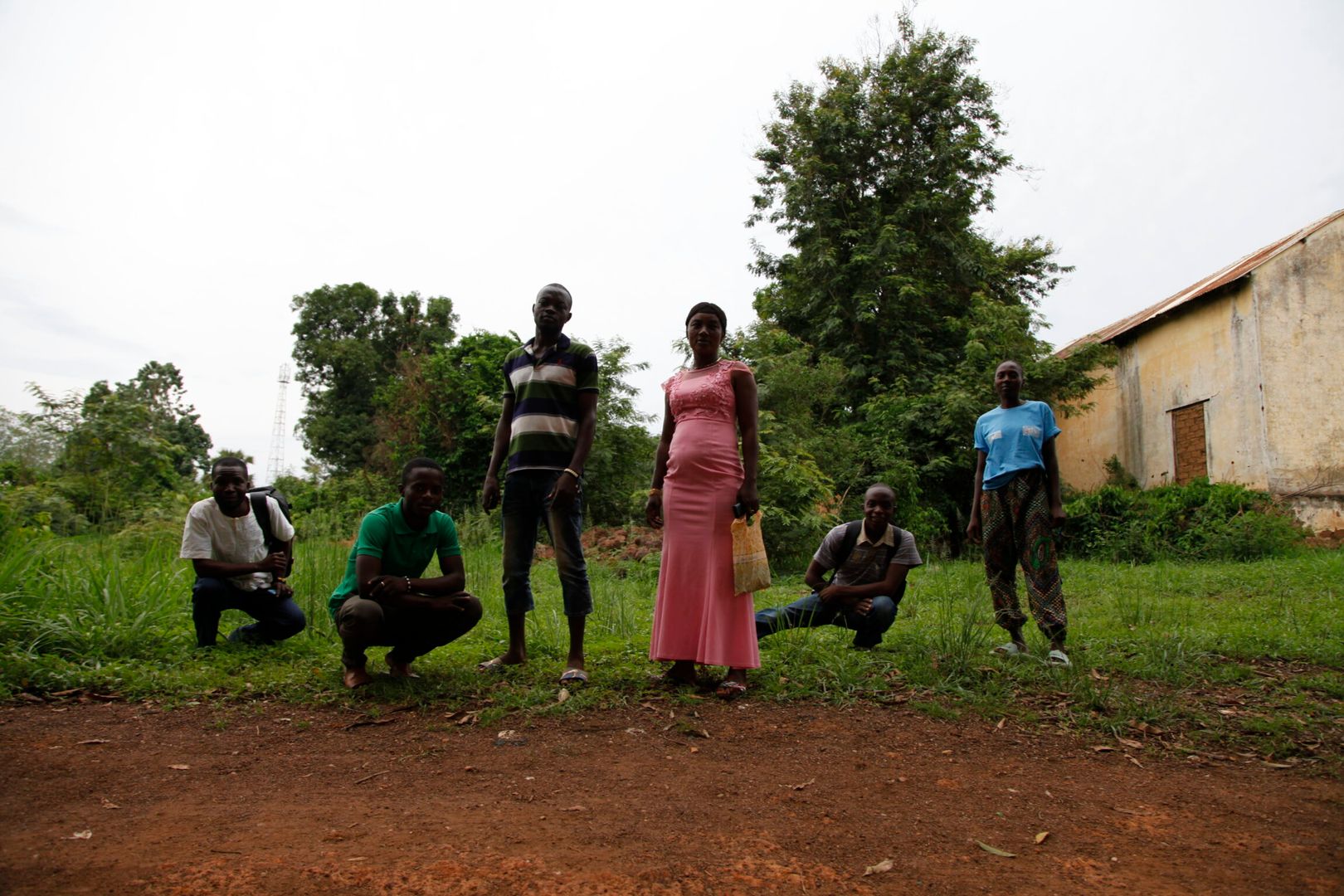The Issue
In the Central African Republic (CAR), youth make up nearly 39% of the population, yet their participation in civil society and political life remains severely limited. Decades of instability and violent conflict have narrowed civic space and sidelined young people -particularly in areas like Bangui, Kaga Bandoro, and Sibut – where poverty is widespread and political elites exploit youth for partisan ends. Many are coerced into pro-government activities, while opposition voices face threats and intimidation. This environment erodes trust in democratic processes and fosters disillusionment among youths, often leading to harmful coping strategies and a decline in mental wellbeing.
Youth representation in formal political structures is largely symbolic, and young women in particular are excluded from public institutions and decision-making platforms. The systematic marginalization of youth – combined with their exposure to violence and historical trauma – creates a fragile foundation for peace. Without targeted efforts to promote meaningful civic engagement and address their psychosocial needs, this exclusion risks perpetuating cycles of instability. A more inclusive, participatory approach is essential for enabling youth to become active agents in CAR’s democratic development and transition to peace.
The Project
The project aims to help young people in the Central African Republic take part in shaping their communities and their country’s future. The two-year intervention focuses on three conflict-affected areas: Bangui, Kaga Bandoro, and Sibut. Here, young people – especially women and youth with disabilities – will receive practical training in leadership, human rights, and civic engagement.
The project also addresses the emotional toll of violence and exclusion. Young people will take part in workshops that help them deal with trauma, stress, and anxiety, creating space for healing and personal growth. At the same time, they will work in groups to design and carry out local peace initiatives in their own communities.
To make real change possible, the project also engages local leaders, public institutions, and media. Through public dialogues and advocacy campaigns, it encourages those in power to listen to youth and make room for their voices in decisions that affect their lives. In short, this project supports young people not just to be heard – but to be taken seriously. It combines healing, learning, and action to make sure they are safer, stronger, and better able to play a real role in building peace and democracy in CAR.

Implementing partners
Conciliation Resources is an international peacebuilding organization that supports communities affected by conflict. In this project, they bring global expertise in non-violent dialogue, conflict transformation, and integrating mental health and psychosocial suppor into peacebuilding efforts.
Fondation VEGAS Jeunes pour le Développement (FVJD) is a local NGO rooted in Kaga Bandoro. It specializes in youth mobilization and FVJD’s strength lies in identifying and engaging youth networks for peacebuilding and empowerment.
M3D is a local media-focused organization who actively use communication as a tool for democracy and sustainable development. M3D contributes by facilitating youth-led dialogue and awareness campaigns through radio and digital platforms.
PADDEL, also a local NGO, has a strong operational presence in Sibut. PADDEL focuses on local governance, decentralization, and youth leadership training, helping build bridges between youth and local authorities.
The Change
This project will give young people in CAR the tools, support, and confidence to actively participate in public life – something most have been denied due to violence, poverty, and exclusion. By combining trauma support with leadership training and civic education, the project helps youth heal, grow, and organize. Over two years, the project will directly support 600 young people, including women and youth with disabilities. They will learn how to speak up, organize community activities, and safely engage in democratic processes. At least 120 youth-led peace initiatives will be carried out, tackling local issues and promoting dialogue.
The project will also help shift attitudes among local leaders and the public. Through townhall meetings, radio broadcasts, and campaigns, it will raise awareness about the value of youth participation and push for more inclusive decision-making. By the end of the project, young people in Bangui, Kaga Bandoro, and Sibut will have stronger voices, better mental health, and a more visible role in their communities. Institutions will be more aware of their responsibility to include youth. While challenges remain, this project lays a foundation for longer-term peace and civic engagement – driven by youth themselves.
About this project
Full title: Pathways to empowerment: advancing marginalized youth participation to promote a peaceful and democratic culture in the Central African Republic
Timeline: 02/2025 to 01/2027 (24 months)
Partners: Conciliation Resources, Fondation Vegas Jeunes pour le Développement, M3D and PADDEL
Amount: 2,000,000 USD
DCA Theme: BUILD
Expected number of people reached: 600 direct youth participants, across 30 youth structures
Donor: United Nations Peacebuilding Fund (UNPBF)


